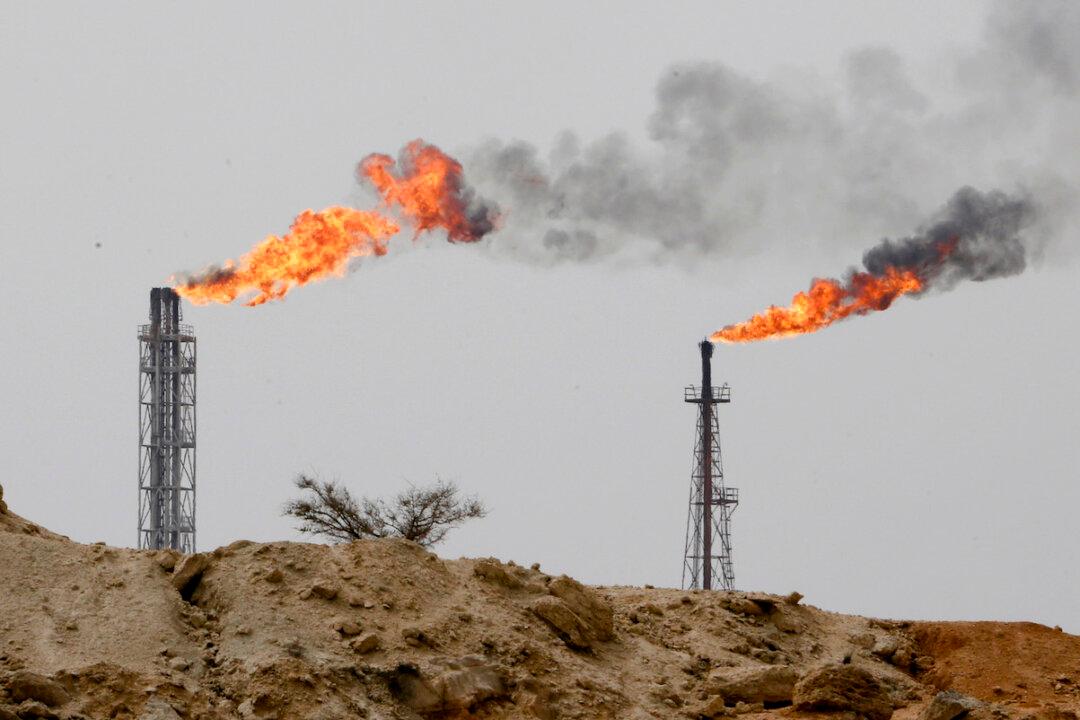The Senate will begin debate next week on the next pandemic response bill, Senate Majority Leader Mitch McConnell (R-Ky.) told reporters, suggesting it will be difficult for Republicans and Democrats to compromise on key measures as Democrats are seeking more aid.
“Next week, we’ll be beginning a new bill,” McConnell told WRVK radio in Kentucky. Even though the negotiations are expected to be lengthy, he said, “I do think we’ll get there and do something that needs to be done” before Congress begins its August recess.





